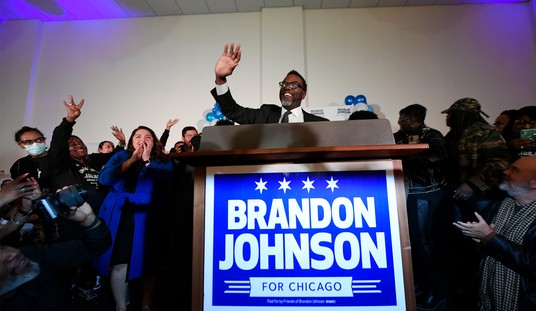In private health-care systems, rationing of health care is by price; in public health care it is by waiting lists and administrative fiat. Both have their defenders, usually ferocious and bitterly opposed, but the fact remains that there are some treatments that have to be rationed however much money is available for health care: as when, for example, there are more people needing organ transplants than there are organs to be transplanted. Few people would be entirely happy to allocate organs merely to the highest bidder.
A recent article in the New England Journal of Medicine tackles the problem of allocation of lung transplants. A system was in place in the United States that excluded children under 12 years of age from receiving adult lungs as transplants, an exclusion that parents of a child with cystic fibrosis challenged in the courts. The problem for children under the age of 12 requiring lung transplants is that there are very few child donors, so in effect the system discriminated against them.
The reason for the exclusion was that most children for whom lung transplants are considered have cystic fibrosis, a condition for which the results of such transplants are equivocal given the constantly improving medical treatment of the disease. Moreover, children are especially liable to complications from the procedure, though these can be partially overcome by using not whole adult lungs for transplant but only resected lobes of them.
The American system of allocation of lungs for transplant into adults takes into account various factors, such as years of potential benefit from transplant, the imminence of death without transplant, the statistical chance of success of transplant, and so forth. Ability to pay does not come into it; in other words it is a socialized system, but there is a mechanism of appeal for those relegated to low priority which the more educated and wealthier are better able to take advantage of. No explicit judgment is made about the relative social or economic worth of the individual, however, for that way madness, or at least extreme nastiness, lies. And the authors of the article think that, on the whole, the system works well, for it seems to stand to reason that those who would benefit most should go to the top of the waiting list.
I once had a small transplant dilemma of my own…
 A newspaper in England asked me to write an article, for what for me was a considerable sum of money, to opine that a certain very famous soccer player, who had turned severely to drink after his retirement, should not be given a second liver transplant, the first having failed because of his continued drinking. The player in question was not admirable, but he did say one memorable thing. Impoverished by his habits, an interviewer asked him where all his money had gone. “Wine, women and song,” he replied. “The rest I wasted.”
A newspaper in England asked me to write an article, for what for me was a considerable sum of money, to opine that a certain very famous soccer player, who had turned severely to drink after his retirement, should not be given a second liver transplant, the first having failed because of his continued drinking. The player in question was not admirable, but he did say one memorable thing. Impoverished by his habits, an interviewer asked him where all his money had gone. “Wine, women and song,” he replied. “The rest I wasted.”
I told the newspaper that, as a practising doctor, I could not possibly write an article saying that a named person should be left to die without potentially life-saving treatment.
“Do you know a doctor who would write it?” the editor asked.
“I hope not,” I replied.
I was not being quite honest. In my heart I did not think that the man should have a second transplant (in the event, he did get it and, all too predictably, it went the way of the first). It was not only that I did not think he would give up drinking, a matter of statistical likelihood; but I also thought that he did not deserve his second chance, especially if it meant that someone else was deprived of a first. But doctors treat diseases, not the deserts of their patients.
Hard cases make bad ethics.
*****
images courtesy shutterstock / artjazz / Alex Luengo









Join the conversation as a VIP Member